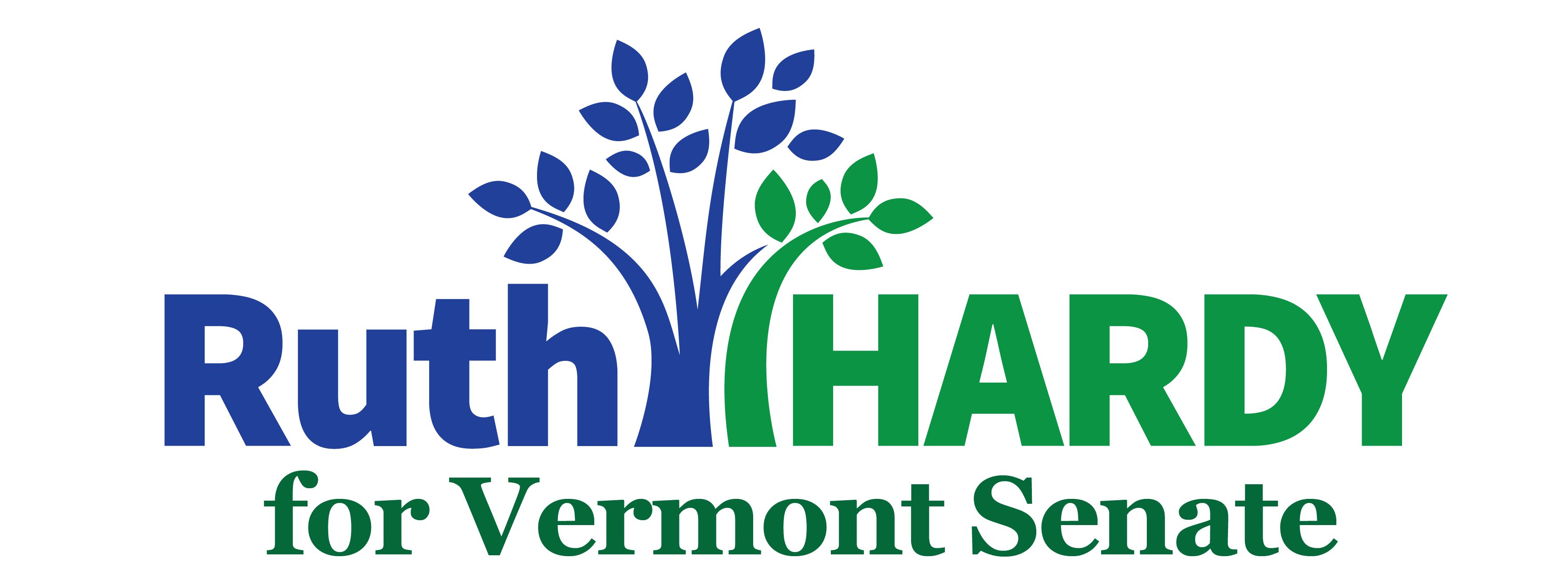The cost of health care in Vermont is sky-rocketing and impacting the budgets of state and local governments, school districts, businesses, and families. This session we passed several bills aimed at improving access and reducing the cost of health care. In addition, I spent quite a bit of time trying to prevent the passage of a bill aimed at gutting the authority of the Green Mountain Care Board (GMCB), which is the the state board that regulates hospital budgets and insurance rates. Ultimately, I was successful in killing the bill to ensure that we continue to have a strong GMCB to help rein in health care costs. Thankfully, we also passed several bills to improve health care access access and cost.
H.883 and H.721 Medicare Savings Program. Introduced as part of a larger expansion of the state’s Medicaid program but passed as part of the state budget, we extended eligibility for the state’s Medicare Savings Program (MSP) to nearly 12,000 Vermonters. The MSP provides a crucial lifeline for older adults and people living with a disability, allowing them to afford health care and keep more of their Social Security income. People on Medicare with incomes up to $29,367 and married couples with incomes up to $39,858 per year will be eligible for this expansion, a population which has long been subject to the lowest level of financial support when accessing health care. Recipients will get to keep money in their pockets each year because this expansion will pay their Medicare part B premiums. The expansion will also cover Medicare co-pays and deductibles for the lowest income Vermonters. Finally, the MSP expansion will provide nearly 3,800 Vermonters with help paying for prescriptions. This expansion cost the state $4.7 million, but once fully implemented, will have an estimated value of $48.1 million because of the Medicare savings afforded to these nearly 12,000 older Vermonters who are struggling to pay for health care.
H. 766/Act 111 Prior Authorization Requirements. We’ve all experienced delays in getting health care because our doctor needs to secure a prior authorization approval from our health insurance company before she can send us for a test or appointment with another doctor. H.766 would prevent most such delays by eliminating most prior authorizations required for primary care providers (your main doctor), with the goal of increasing access to necessary health care for patients and eliminating burdensome administrative hassle for medical offices. The bill also makes changes to prior authorization procedures for other health care providers to make them less complex and time consuming. Further the bill limits health insurance claim edits and requires exceptions to step-therapy protocols for prescription drugs. All of these measures are meant to improve access and reduce administrative burden. Here’s a full Legislative Counsel summary of H.766/Act 111 for more details.
H.233 Pharmacy Benefit Managers and S.98 Prescription Drug Costs. The cost of prescription drugs is one of the biggest drivers of skyrocketing health care costs in the United States. And, big pharmaceutical companies are reaping record profits from Americans who need access to basic and life-saving drugs. This pair of bills seeks to better regulate facets of the pharmaceutical industry and control the cost of the products they sell to Vermonters. H.233 creates a stricter regulatory structure for pharmacy benefit managers (PBMs), who are essentially the “middlemen” of the pharmaceutical product change. They buy drugs from manufacturers and sell them to pharmacies, often with big price mark-ups and restrictive requirements. The bill would prohibit some of these practices and create a license requirement for PBMs so that the VT Department of Financial Regulation can better monitor their practices. S.98 initiates the a process for authorizing the Green Mountain Care Board to cap the price of certain high-cost prescription drugs to make sure they are affordable for Vermonters.
Header Photo: Department of Financial Regulation’s Sebastian Arduengo illustrating to the Senate Health & Welfare Committee how the prescription drug reimbursement system works (or doesn’t).

